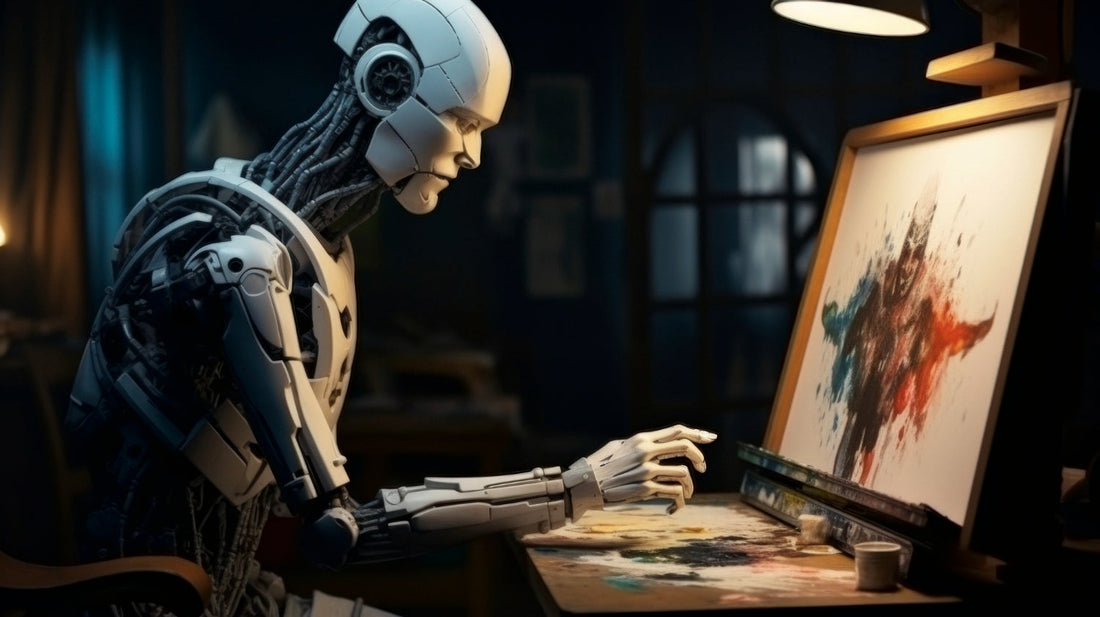
The Impact of AI Tutors on Modern Education
Share
The Impact of AI Tutors on Modern Education
Artificial Intelligence (AI) is transforming nearly every aspect of our lives—and education is no exception. Among the most groundbreaking innovations is the rise of AI tutors: intelligent systems designed to support and enhance student learning. These virtual teaching assistants are changing the educational landscape by offering personalized, scalable, and accessible learning experiences like never before.
1. Personalized Learning at Scale
One of the most significant advantages of AI tutors is their ability to tailor lessons to each student’s unique pace, learning style, and strengths. Traditional classrooms often struggle to meet individual needs due to large class sizes and standardized curricula. In contrast, AI systems analyze a learner’s performance in real time and adjust content accordingly—repeating concepts when needed or moving ahead when a student is ready.
This adaptability is especially beneficial for students who may fall behind or, conversely, need more advanced challenges than their peers.
2. 24/7 Access and Support
AI tutors are available anytime, anywhere, breaking down time and location barriers that typically limit access to learning. This is especially valuable for students in remote areas or those with busy schedules. Whether a learner is studying late at night or reviewing materials on the weekend, AI tutors provide instant guidance and feedback—fostering independent learning and consistent progress.
3. Enhancing Teacher Effectiveness
Rather than replacing human teachers, AI tutors can serve as powerful allies. By taking over routine tasks like grading quizzes, providing practice exercises, or answering frequently asked questions, AI allows teachers to focus more on personalized instruction, emotional support, and creative lesson planning. Some systems even provide educators with insights into student progress, helping them identify who needs extra help and when.
4. Bridging Educational Gaps
AI tutors have the potential to democratize education by making high-quality instruction more widely accessible. Students from underfunded schools or low-income backgrounds can gain access to resources previously out of reach. AI can also support learners with disabilities by offering customizable interfaces, speech-to-text functions, and other assistive technologies.
5. Challenges and Ethical Considerations
Despite their benefits, AI tutors are not without challenges. There are concerns about data privacy, algorithmic bias, and over-reliance on technology. Students still need social interaction, mentorship, and emotional engagement—qualities that human teachers uniquely provide. It's also important to ensure that AI tools are inclusive and do not unintentionally widen existing educational inequalities.
Conclusion
AI tutors are not here to replace teachers—they’re here to revolutionize how learning happens. By providing personalized instruction, increasing access to education, and supporting teachers, AI has the potential to elevate learning outcomes for students worldwide. As we move forward, striking the right balance between human guidance and machine intelligence will be key to maximizing the impact of AI in education.
